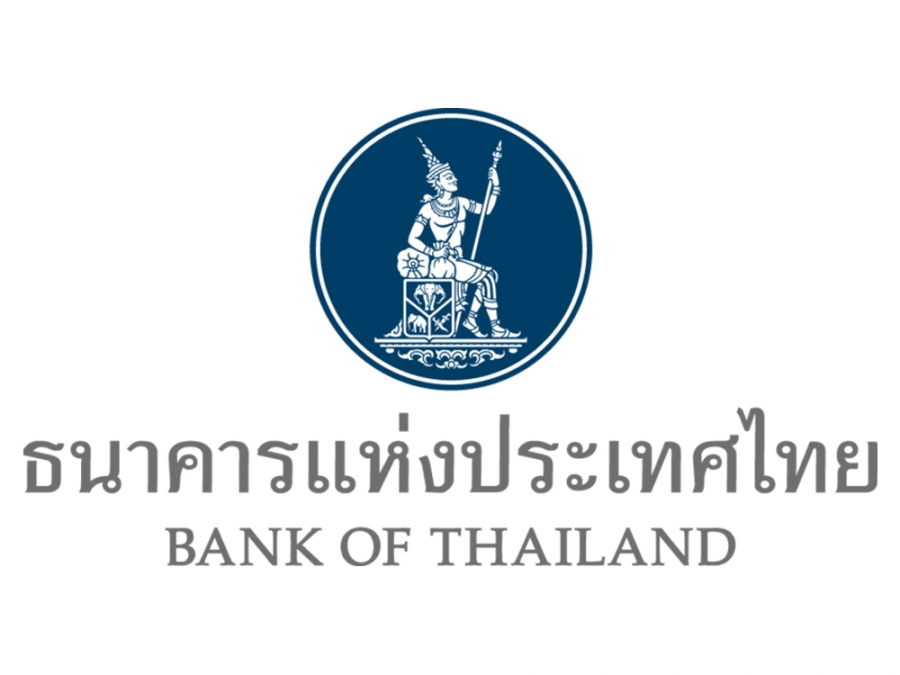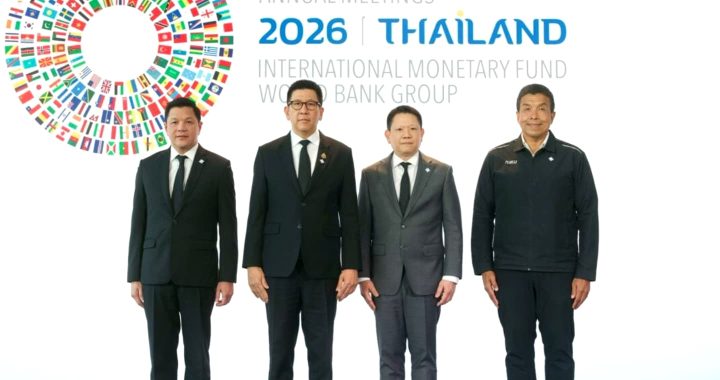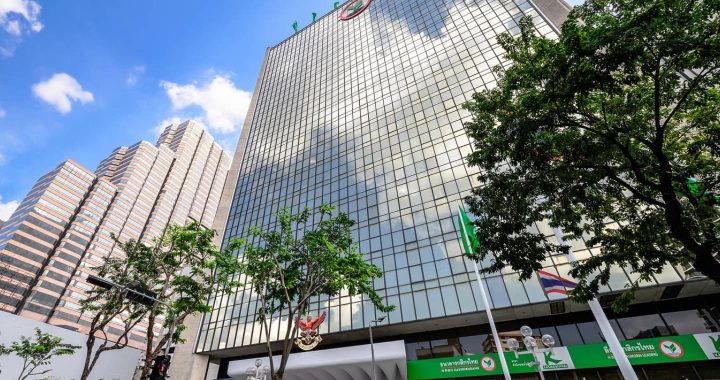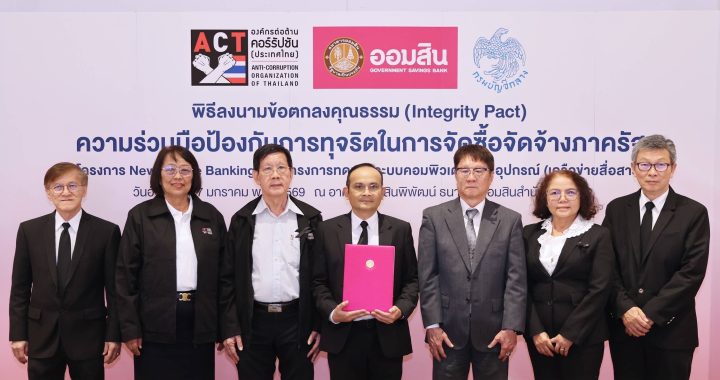BOT Announced Control Short-Term Capital Flows Measures To Handle too Strong Baht.

12-9-2019—Today Ms. Vachira Arromdee, Assistant Governor for Financial Markets Operations Group, note that The Bank of Thailand (BOT)
has been closely monitoring the Thai baht as well as non-residents’ capital flow movements, and is concerned about the rapid appreciation of the Thai baht relative to its regional peers, as it could lead to unfavorable macroeconomic reflection. Thus, the BOT has decided to enhance measures to mitigate impact of short-term speculative flows and increase the reporting requirements for non-residents’ holdings of debt securities. The details of the measures are as follow;
(1) Enhance “Measures to Prevent Thai Baht Speculation” by reducing the limit on the outstanding balance of Non-resident Baht Account (NRBA) and Non-resident Baht Account for Securities (NRBS) from 300 million baht per non-resident to 200 million baht per non-resident.
This measure will become effective on 22 nd July 2019. For NRBA and/or NRBS with outstanding balances at the end of the day higher than 200 million baht per non-resident, financial institutions are required to notify the corresponding non-resident account holders to comply with these changes by reducing the outstanding balances within the effective date.
NRBA holders who are non-financial corporates with underlying trade and investment in Thailand, and have opened accounts directly with Thai financial institutions, may submit requests to the BOT for waivers of this outstanding balance limit, which will be considered on a case by case basis.
“The heightened volatility in global financial market due to various factors, such as trade tensions between the US and major trading partners, global economic slowdown, and the shift towards more accommodative monetary policy stance amongst major central banks. These developments have increasingly led capital flows to return to Emerging Market Economies (including Thailand).With relatively more positive outlook on the Thai baht, investors have increased their positions in Thai baht and Thai securities, in part for short-term speculative purpose.” according to Ms. Vachira.
On Wednesday (10 July 2019) after the meeting of Joint Standing Committee on Commerce Industry and Banking (Thailand), Chairman of Federation of Thai Industry (FTI) express intention to study more about solving too strong baht and to have FTI team meet BOT to request for more measure to have baht adjusted to around 32 Baht, while Thai Chamber of Commerce (TCC) Chairman also has the same intension to meet with BOT as soon as possible.
THOMSON REUTERS’ currency exchange data as of 11 July 2019 unveiled that the average buying transfer rate of Thai Baht / US dollar was 30.4540 Baht/US dollar, while the average selling rate was 30.7843 Baht/US dollar.
After BOT announced the measure to control short-term capital flows, Baht/US dollar were a bit weaker, according to some FX trader






































